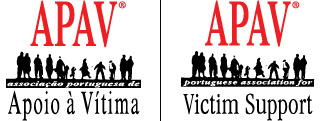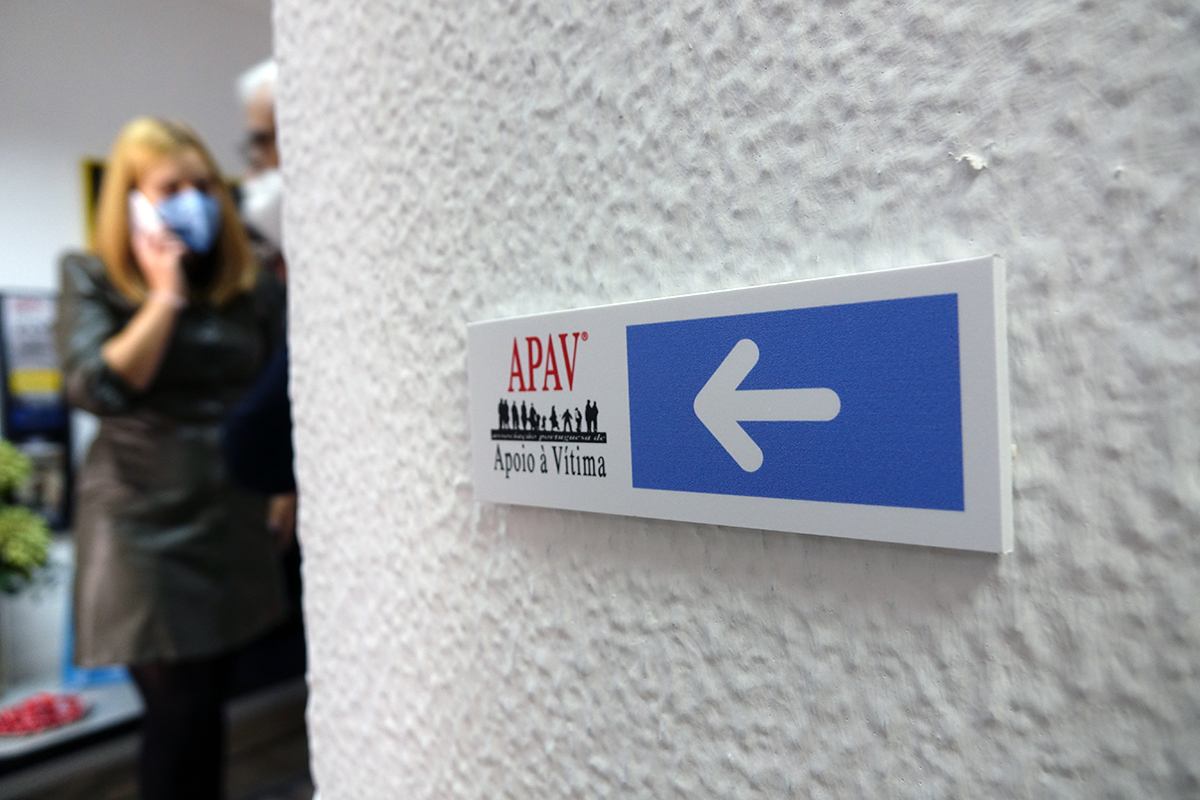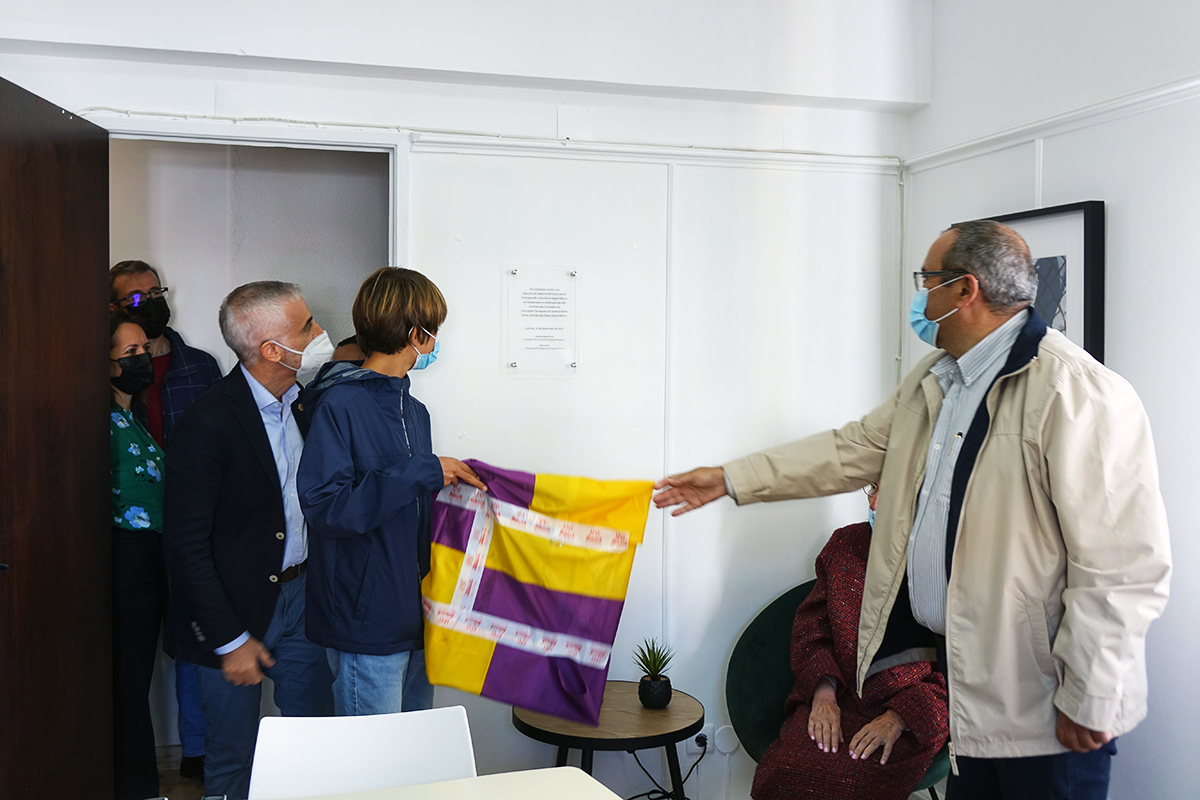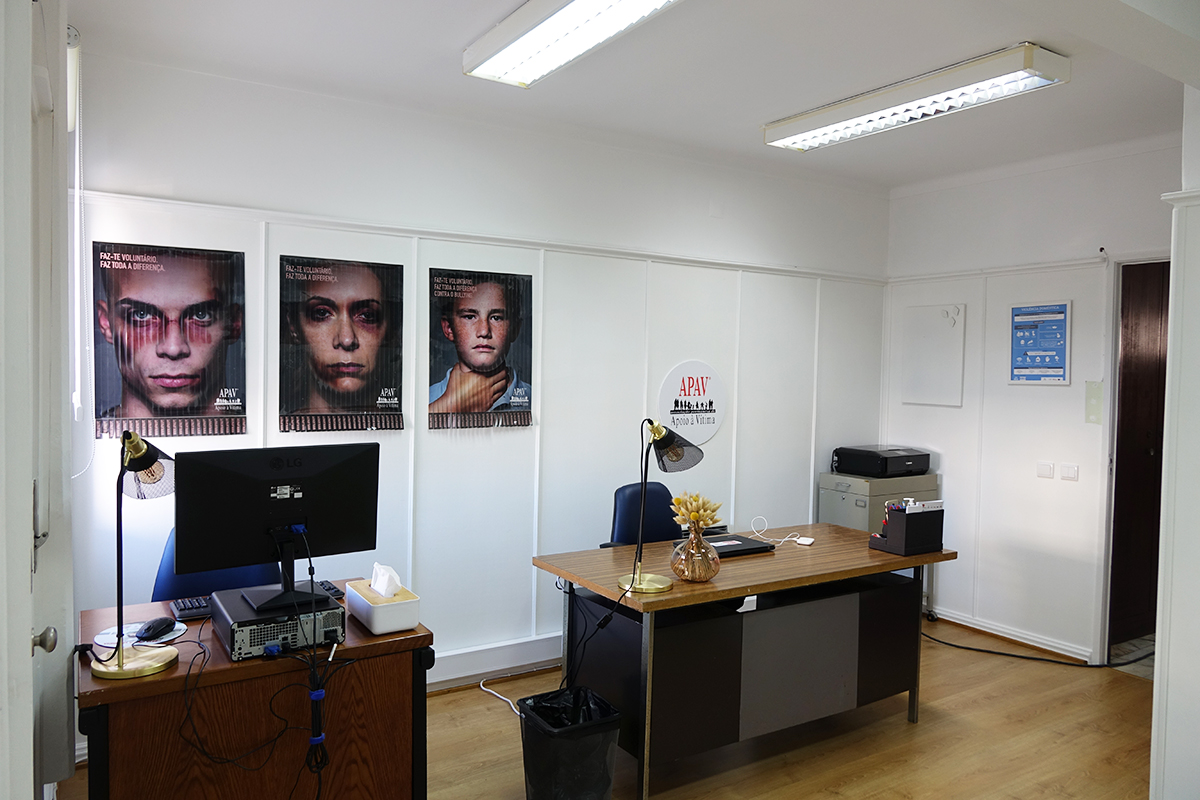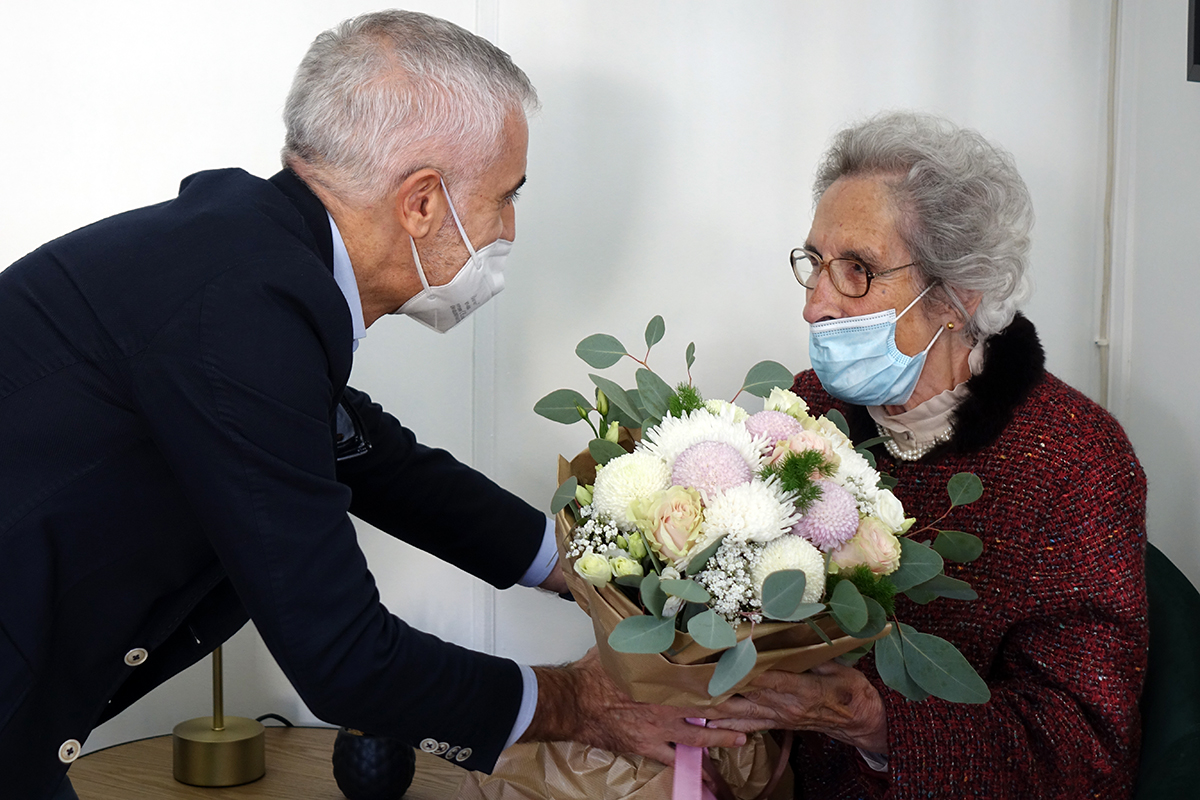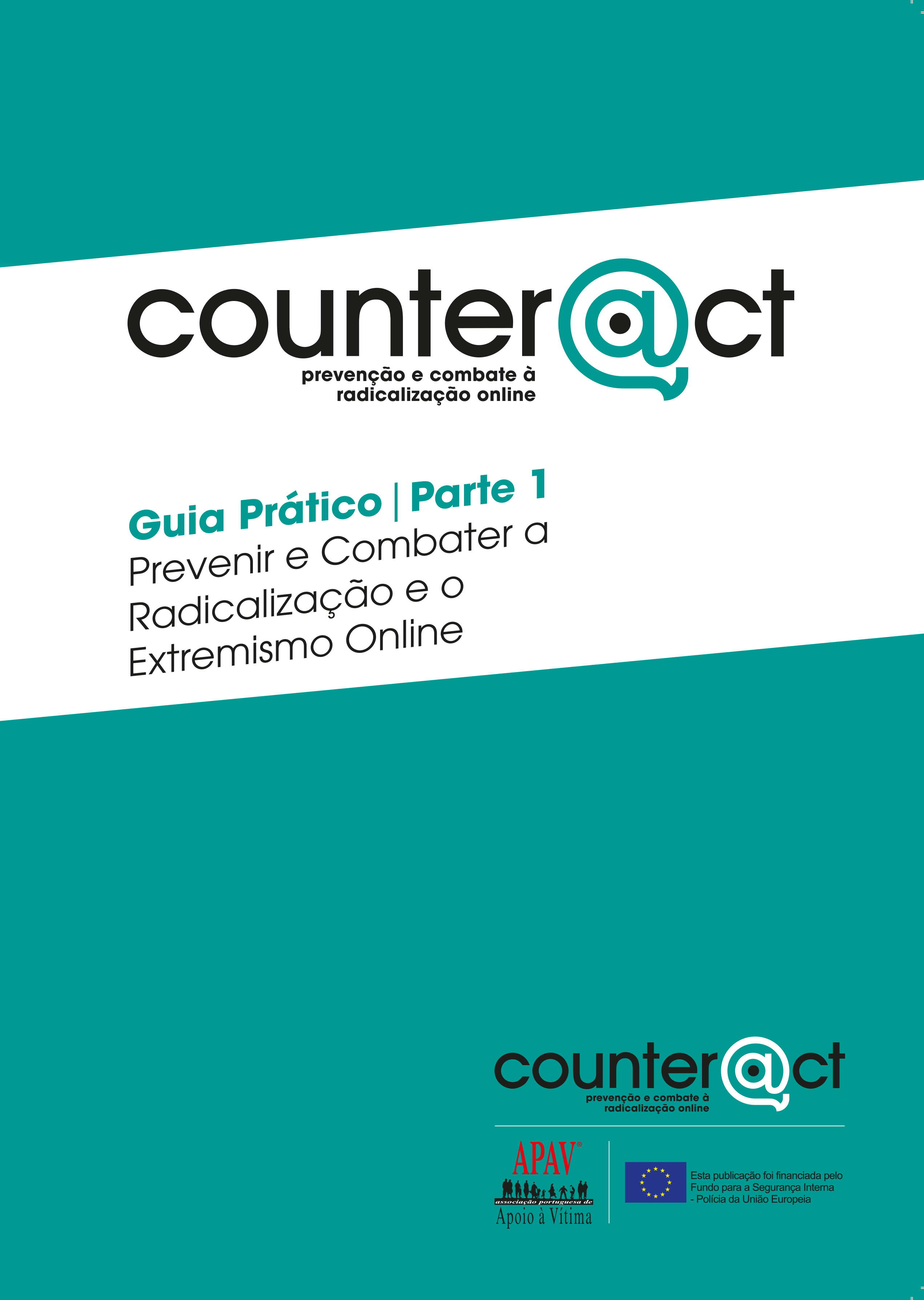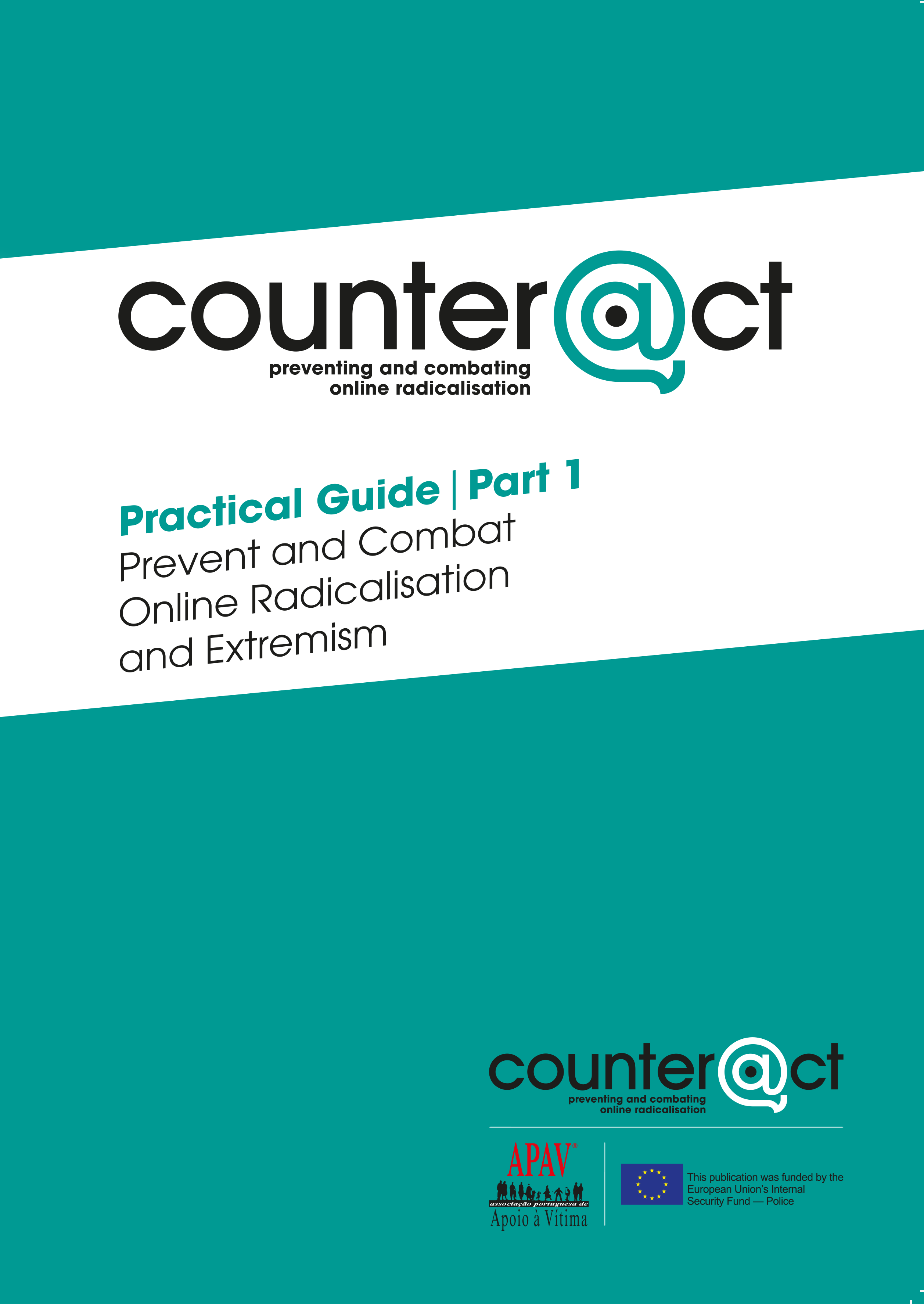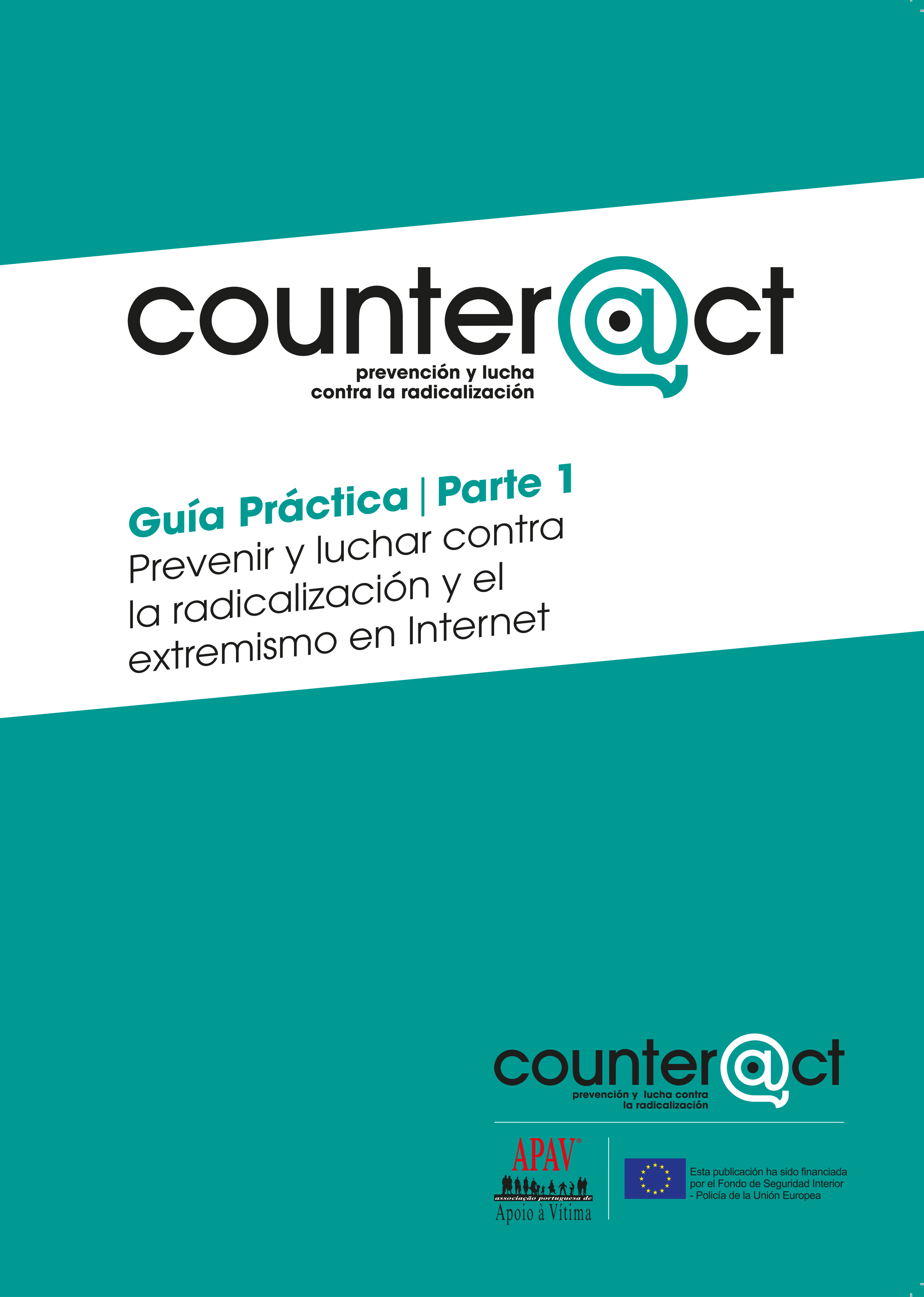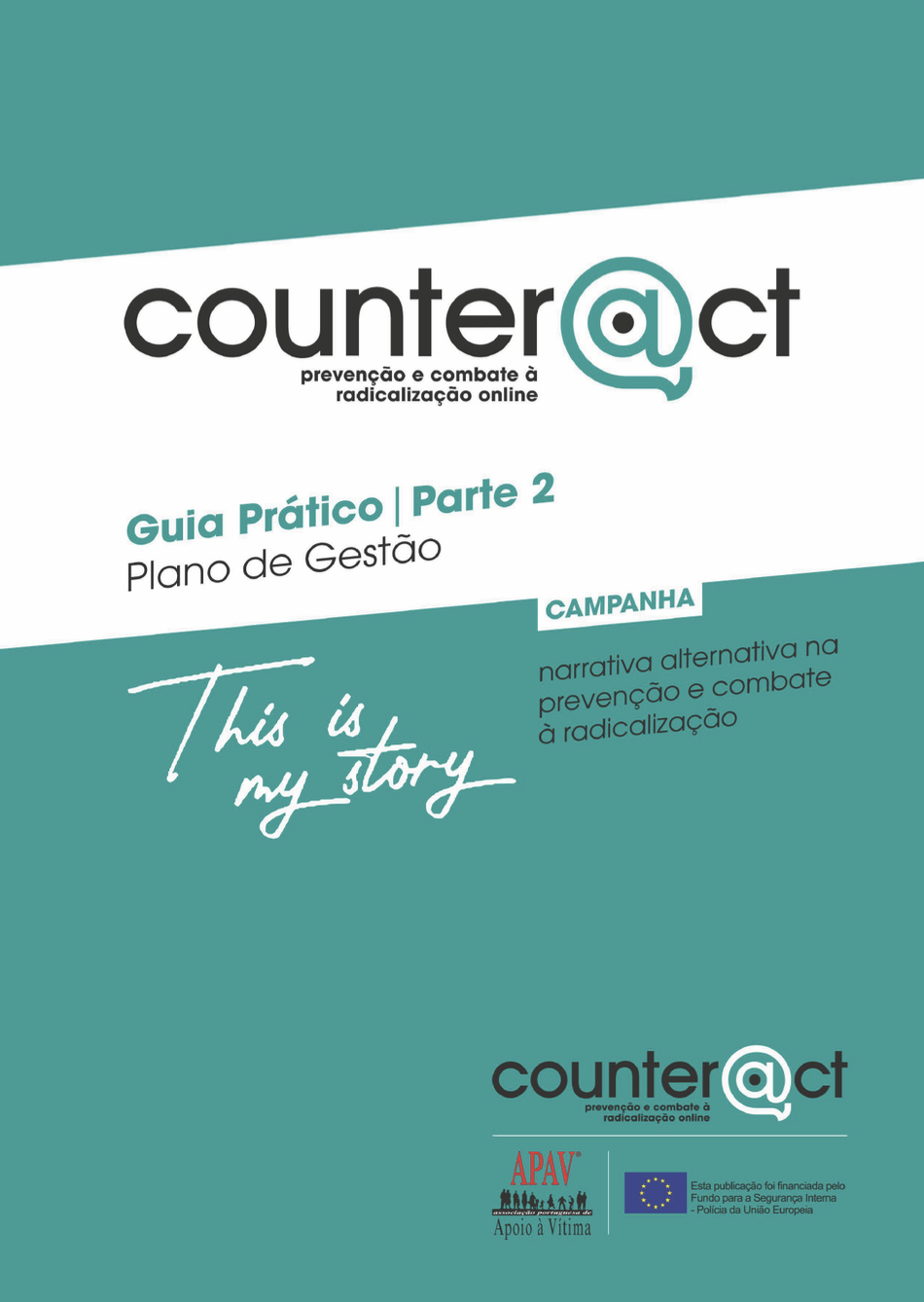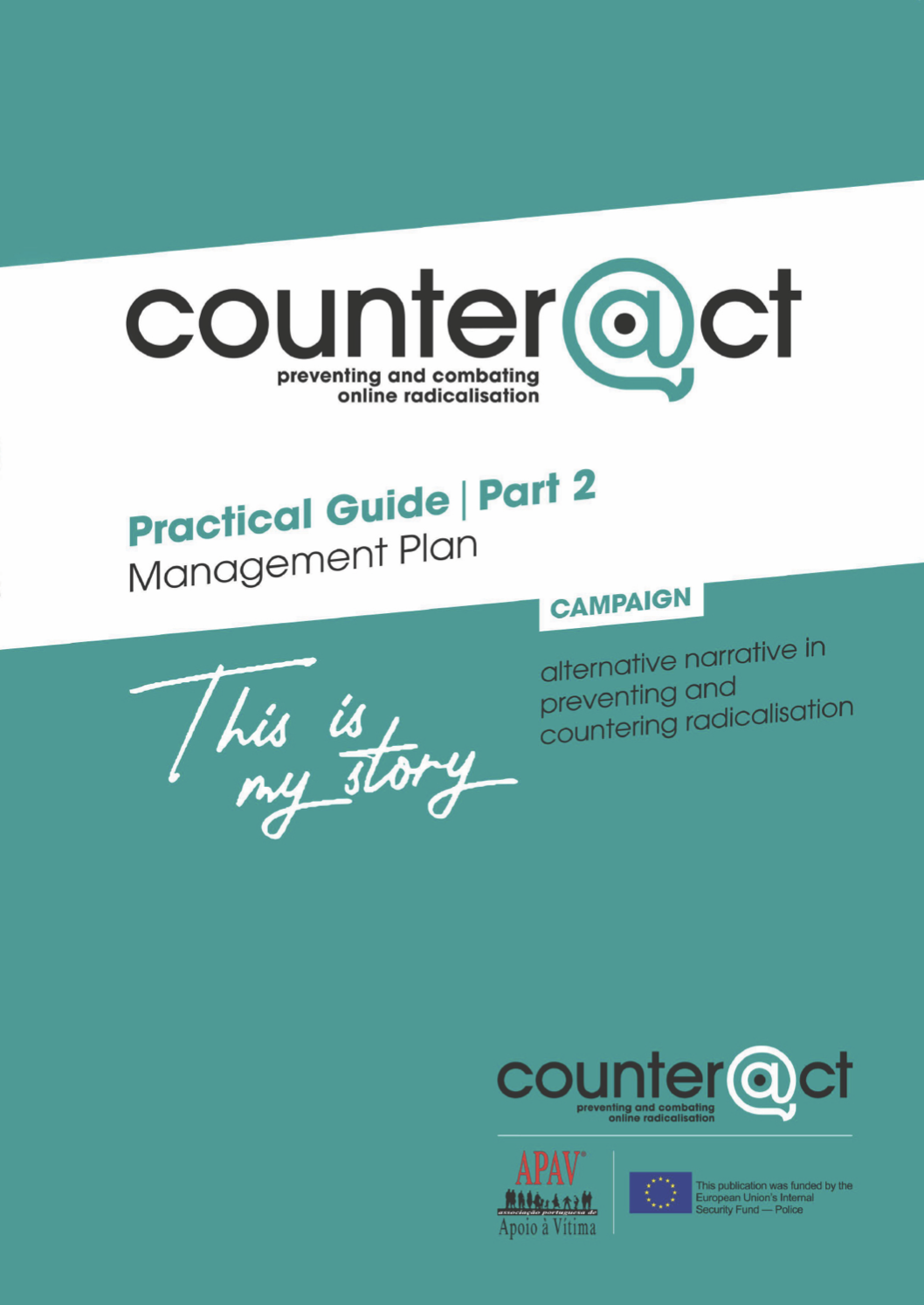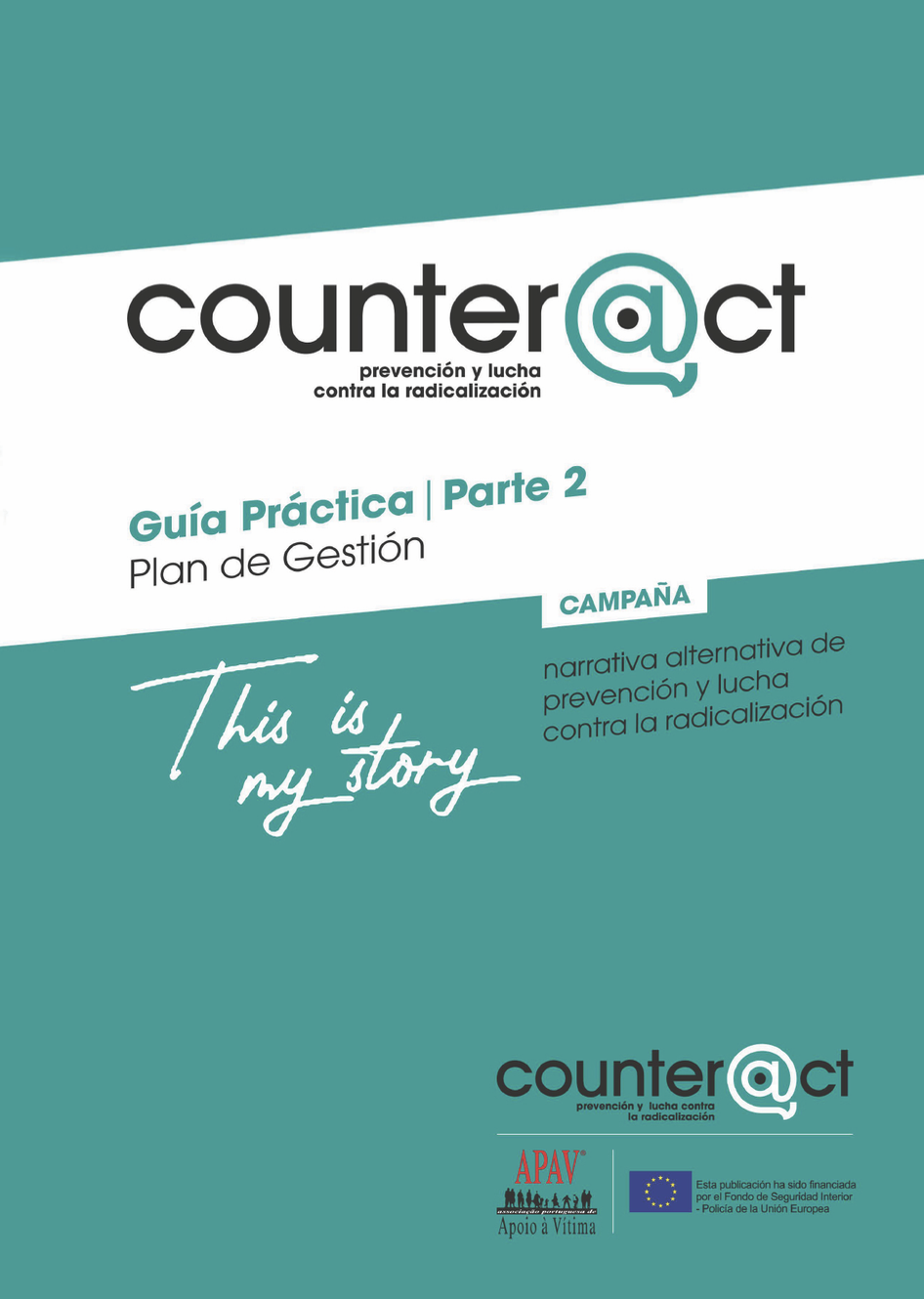
Sara de Melo Rocha wins APAV Award for Journalism
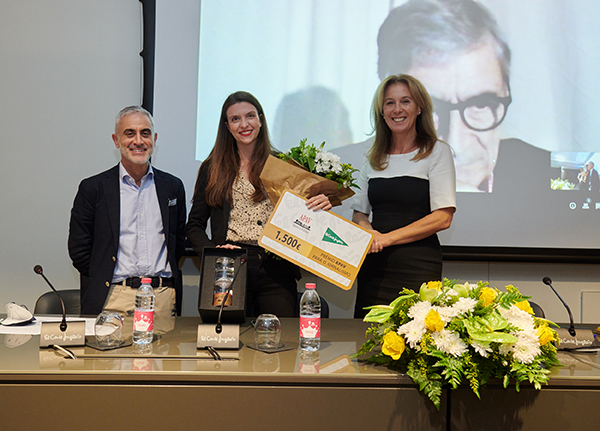
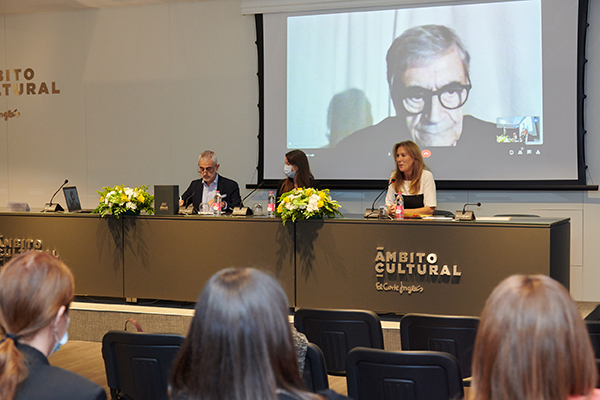
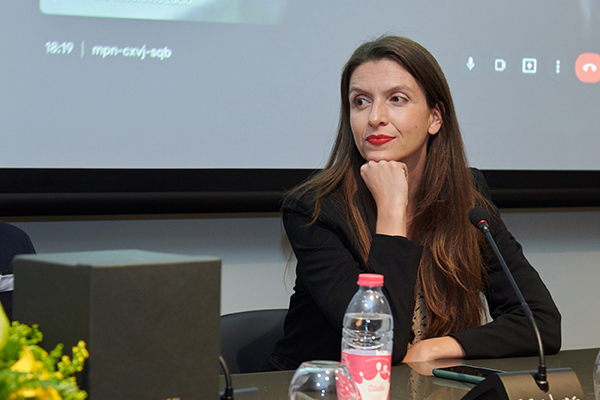


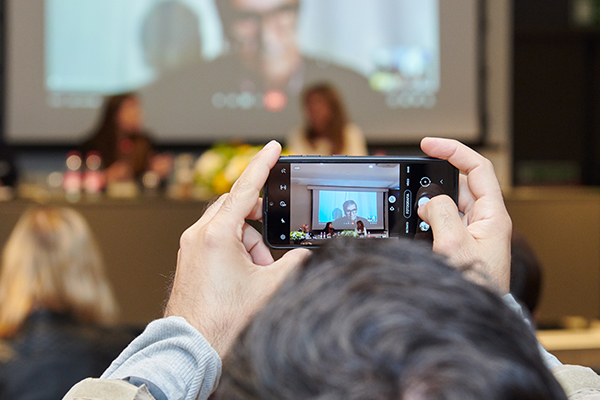
Journalist Sara de Melo Rocha, from TSF, is the winner of the third edition of APAV Award for Journalism, with the report The letters I’ve never wrote, The silences of domestic violence survivors.
The panel highlighted that this work “presents an aesthetic that takes us to something almost fictional, although it isn’t,, giving space to the power of the victims’ voices and words. It sets a difference on its presentation and in the way it offers the listener a narrative in several voices. It is also noteworthy that this work was developed outside of a big urban centre, revealing the importance of local journalism and proving that there is always a story to be told everywhere.”
The ceremony of APAV Award for Journalism 2021 was hosted in Lisbon , on El Corte Inglês’ room of Cultural Scope, on the 8th November and it was attended by the winner, Sara de Melo Rocha, APAV’s President, João Lázaro; the Head of Communication of El Corte Inglês, Susana Santos and Founding Member and President of the APAV's General Assembly Álvaro Laborinho Lúcio, who participated remotely in this event.
APAV Award for Journalism has a monetary value of 1.500€, sponsored by El Corte Inglés, and it was also awarded a trophy by designer Gonçalo Falcão.
The winning piece can be consulted here.
New victim support office in Cadaval
The Portuguese Association of Victim Support opened on the 10th November a new Victim Support Office (GAV) in Cadaval. The opening ceremony was attended by Cadaval’s Mayor, José Bernardo Nunes, and APAV’s President, João Lázaro.
The ceremony was also attended by Maria Raquel Ribeiro, founding member of the Portuguese Association of Victim Support. On the occasion, a new space was inaugurated, named Sala Maria Raquel Ribeiro, as a tribute and as a celebration of her life.
The opening of the GAV Cadaval comes as a result of a Cooperation Protocol, signed between Cadaval’s City Hall and APAV, with the purpose of creating a response that supports the victims of any type of crime, family and friends. GAV Cadaval provides emotional, legal, social and practical support, with confidential and free follow-ups.
Victim Support Office | Cadaval
Pátio do Município
2550-102 Cadaval
Schedule:
Mondays, Wednesdays and Fridays : 9H30-13H00 / 14H00-17H30
Tuesdays and Thursdays : 9H30-13H00
Email: This email address is being protected from spambots. You need JavaScript enabled to view it.
Online Violence Is Real
To mark the Worldwide Day Against Bullying, on the 20th October, the Portuguese Association of Victim Suport (APAV) presents a new awareness campaign regarding online violence. The campaign's motto is "Online violence is real '' and it was creatively developed by Filipe Meunier, in partnership with APAV.
This brand new campaign, which is released during the European Month of Cybersecurity, was set with the goal to warn about the growth of the cyber criminality numbers, particularly the cyberbullying, hate speech and the non consensual share of images situations; types of crimes that have expanded during the pandemic, considering the amount of time that children and the younger generations spent online. Although there isn't any absolute data regarding these phenomenons, especially when it comes to cyberbullying, we can safely say that these situations have either kept steady or tend to rise.
In 2020, APAV accounted for 27 bullying and cyberbullying reports, however, this number doesn't match with the national reality — the case numbers should be much higher due to the knowledge that many situations are non-reported. If on one hand the cyber bullying phenomenon wasn't that much reported, on the other hand the hate speech and the non consensual share of images cases have significantly grown: the Safe Internet Line (LIS) received 216 reports about online hate speech in 2020 ( in 2019 they had only received 24); and 260 reports about the non-consensual share of private images (threats on sharing photos,privacy intrusion, extorsion, etc.) — in 2019, there had only been 22.
Considering the growing online violence, it is fundamental to promote all the means through which one can get help and/or support for the crime and violence situations. The Safe Internet Line (LIS) is available (from 8am to 10pm) through the free number 800 21 90 90 , or the email This email address is being protected from spambots. You need JavaScript enabled to view it., and the contact forms:
• Report Illegal Content
• Ask For Clarification
Practical Guides for Preventing and Combating Online Radicalisation
Radicalisation, particularly that leading to violent extremism and acts of violence and terrorism, has been a growing concern of States, societies and communities. It is a dynamic phenomenon, and although a single and often a solitary route, it is also a group process. Radicalisation happens online, but also offline, in schools and in neighbourhoods.
By virtue of a series of risk factors set out in several theoretical approaches to the phenomenon of radicalisation leading to violent extremism, such as identity crisis, the seek for belonging or the manifest primacy of socialising online, amongst others, youngsters have been identified as the most vulnerable part of societies to this processes.
Counter-narratives and alternative positive narratives, in parallel with awareness raising activities to vulnerable groups to radicalisation, have been proven to be of great support in preventing and combatting online radicalisation: the motto that gave rise to project Counter@ct: preventing and combatting online radicalisation.
Within Project Counter@ct, with the crucial input of both law enforcement and intelligence agencies, but also those who closely work with the communities, particularly with vulnerable groups to online radicalisation, and with the expertise of an impact assessment evaluator and an online marketing agency, the alternative narrative #thisismystory was developed.
#thisismystory relies on the concept of storytelling of positive integration real life stories of migrants and refugees currently living in Portuguese communities. The campaign was conceived to target both the peers of the persons giving their voice to the campaign, in their own mother-tongue, but also to reach as many people within the community and in the Portuguese society. The call to action – #learmoreaboutmystory - is the invitation that we left at the end of each video! Lear more about the campaign at #thisismystory website!
Further to the campaign, and for all of those who, in the future, wish to develop an online alternative narrative campaign, a very Practical Guide for Preventing and Combating Online Radicalisation. The Practical Guide sheds lights on each and every step that needs to be carefully thought through before developing an alternative narrative campaign. If you are curious to learn more about radicalisation and the support services available at APAV, you may also consult our website Preventing and Combating Radicalisation.
The Counter@ct project was developed in collaboration between APAV and the Judiciary Policy, Service of Security Information, Logframe – Training and Consulting, Digital Xperience and European partners, namely Victim Support Europe and Fundación Fernando Buesa Blanco (Basque Country), co-funded by the European Union’s Internal Security Fund Police - Civil Society Empowerment Programme.
APAV Was Present In The European Forum For Urban Security Conference
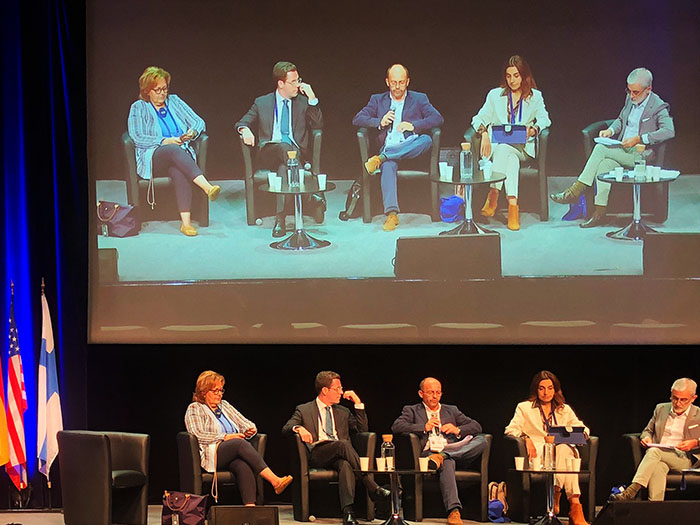
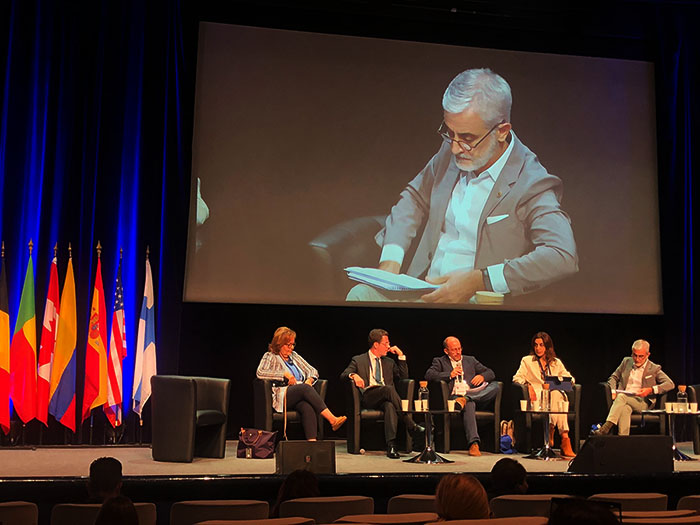
APAV was present in the Security, Democracy and Cities Conference, promoted by the European Forum for Urban Security (EFUS) in Nice, between 20 and 22th October.
EFUS is an European network and organization devoted to the promotion of the cooperation, support and debate about local and regional crime and urban security prevention issues. Founded in 1987, it gathers 250 cities and regions of 15 countries. The conference counted with the following participants: the ellected locals, such as autarchies presidentes, autarchies public employees, policial forces, professionals of the social sector, academics and representatives of the private sector and civil society.
João Lázaro, APAV’s President, was the moderator of the panel regarding the session "The challenge of promoting safe and sustainable urban tourism", that focused on the challenges on sustained tourism in cities, considering the desired comeback of tourism at the same time which the security of the permanent residents is assured, as well as the need of security and respect for the human rights, namely the crime victims.
The City Hall of Matosinhos and the Municipal Police of Lisbon also shared their experience.
For more information: efus.eu/efusconference2021
